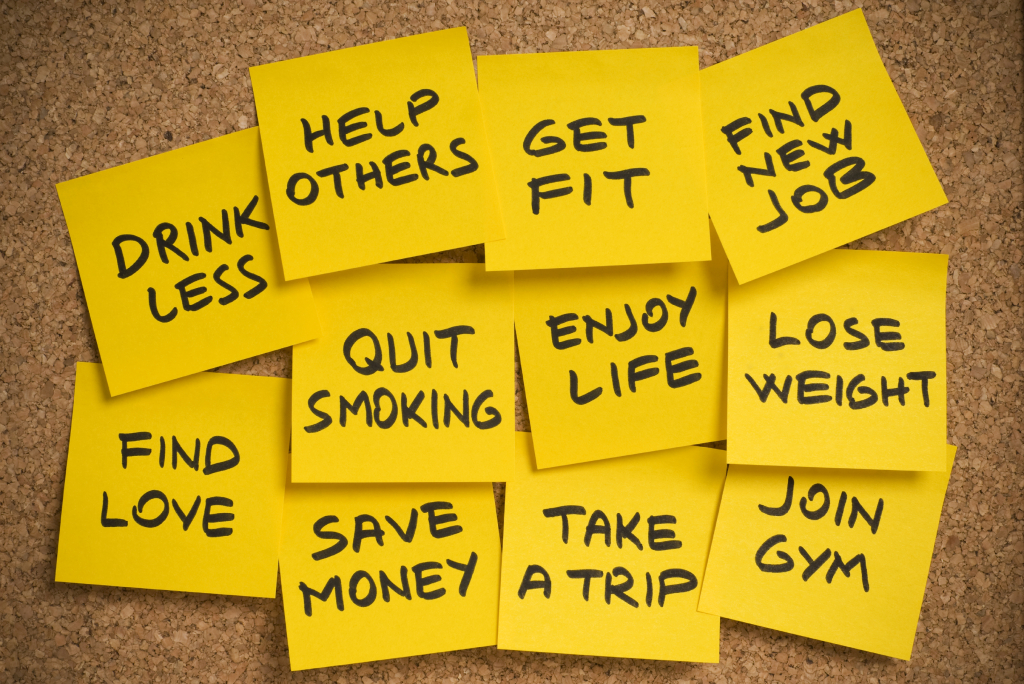When you count yourself responsible for the failed project, expectation was cut short after highly anticipated job was delivered poorly in your working place. Without waiting further to be blamed, you start claiming ownership of the blame. You feel guilty that you are responsible for the screw-ups.
As the guilt develops, you start paving way for perpetual self-loathing, thinking you could have done better. Psychologists say you could possess the distinct trait called “guilt-proneness.” Initially, this wasn’t weird, but the new study published in Cognition and Emotion, carried out by a team of Australian researchers, led by Matt Treeby; states that guilt-prone tend to have enhanced ability to recognize other people’s emotions.
[hr gap=”2″]
[hr gap=”2″]
The study explains that guilt-prone people show better relationship skills than people who do not often feel guilty.
Researchers first measured the guilt-prone tendency of 363 students (average age 27), via 11 hypothetical negative scenarios e.g. making a big mistake in a work project and asking them how they’d feel as a result. Eventually, those that said “I should have recognized the problem and done a better job” were said to have shown evidence of guilt-proneness.
To complete the task, Christian Jarrett wrote in the British Psychological Society’s Research Digest, that the study volunteers were asked to complete an online test being used to measure emotional intelligence i.e. shown a series of photographs of actors with different facial expressions and were asked to label with either sadness shame, happiness, anger e.t.c.
[hr gap=”2″]
How your IQ can block your EQ Brain Development.
[hr gap=”2″]
Result shown that guilt-prone people performed better as they delivered the accurate judgment on the emotion-reading test i.e. the more guilt-prone they were, the more accurate their judgment were.
Reference:
Treeby, M., Prado, C., (2015). Shame, guilt, and facial emotion processing: initial evidence for a positive relationship between guilt-proneness and facial emotion recognition ability Cognition and Emotion, 1-8 DOI:10.1080/02699931.2015.1072497
